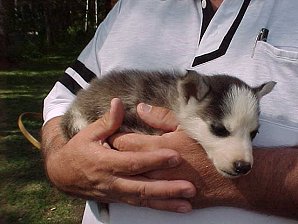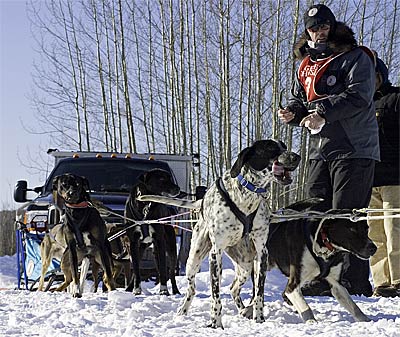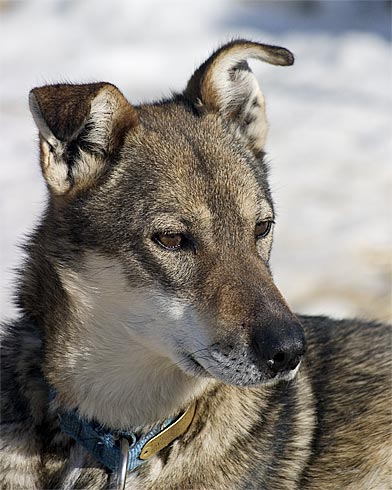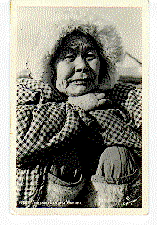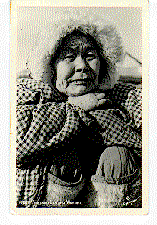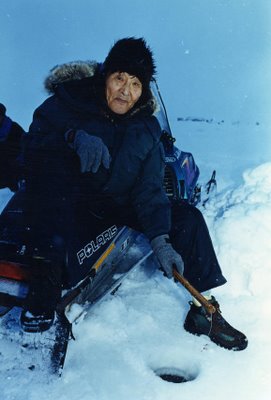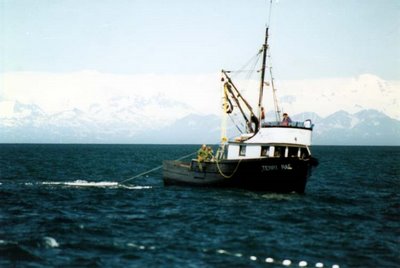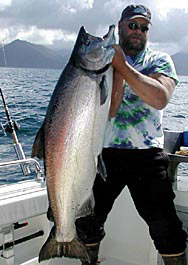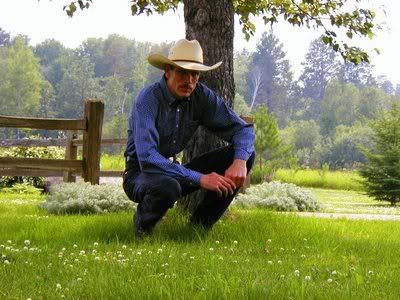Susan Butcher loses fight

Four-time Iditarod champion Susan Butcher, who became the face of sled dog racing in the late 1980s, died Saturday after an eight-month battle with leukemia. She was 51.
During Butcher’s reign in the late 1980s, the Anchorage-to-Nome sled dog race gained an international reputation as the ultimate test of endurance. She first won the Iditarod in 1986, then followed with victories in 1987, 1988 and 1990. By the time Butcher ran her last Iditarod in 1994, she had placed among the top five finishers 12 times.
Aside from her championships, Butcher’s engaging laugh and warm personality made her a magnetic figure that transcended the sport.
“What made Susan stand out was her ability to reach out to people and connect,” said Chas St. George, an Iditarod spokesman. “She brought this race to new levels because of the kind of person she was. They don’t make a lot of them like her.”
That connection was seen in December, when Butcher was diagnosed with acute myelogenous leukemia. Within weeks, more than 1,000 people in Fairbanks and Anchorage had registered with the National Bone Marrow Registry to help find a donor.
Butcher did receive a bone marrow transplant on May 16, and in the weeks that followed, she progressed well as her leukemia went into remission. But complications began to emerge in mid-June, as her transplanted donor cells began to attack her own digestive system. Various treatments were unable to improve the problem, including an experimental approach that doctors began two weeks ago after other medicines had failed.
The final setback came about a week later.
“When we did a routine bone marrow test, we found that her leukemia had come back,” Dr. Jan Abkowitz told the Associated Press.
Butcher was undergoing another round of chemotherapy at the University of Washington Medical Center and had returned to the intensive care unit on Friday. Abkowitz said the return of leukemia was ultimately fatal.
News of Butcher’s death moved quickly through the mushing community on Saturday. She was remembered as both an icon and an ambassador for the sport.
“I didn’t realize how hard this was going to be,” said reigning Iditarod champion Jeff King, who raced against Butcher in the early 1990s. “She was more to me than a competitor and a friend. She was the sport itself.”
King said Butcher stood out even when she wasn’t on the trail. At Iditarod checkpoints, when most mushers are either exhausted or asleep, she maintained an aura of strength.
“It’s the energy I remember more than anything,” King said. “She always had this alertness in her eyes and was always thinking two steps ahead of the rest of us.”
That enthusiasm and fighting spirit made her passing difficult for some to believe.
“It was a shock,” said two-time Yukon Quest champion Lance Mackey, who had known Butcher since childhood. “As well as many people, I thought she was one who could prove the statistics wrong. If anybody could beat it, I thought it would be her.”
Brian O’Donoghue, who covered the Iditarod as a journalist and also competed in the race with Butcher in 1991, remembered her as “a force of nature.” Her ability to eat up miles during late surges–particularly down the final stretch along the coast–was legendary among her competitors.
But O’Donoghue thought his final meeting with Butcher was just as revealing. She was at an all-night party outside Gulliver’s Books in Fairbanks last summer, where her daughters, Tekla and Chisana, were waiting for the release of the new Harry Potter novel.
“I think she really enjoyed that transition from racing to being with her kids and being a mother,” he said.
Butcher retired from the Iditarod in 1994, when she and her husband, David Monson, decided to have children.
Both as a musher and a mother, friends said Butcher savored every moment.
“She had a wonderful life,” King said. “We all would have loved for it to be longer, but she had a wonderful life.”








